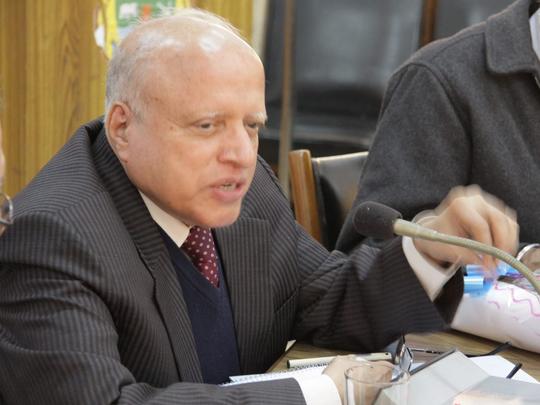
Farmers' Rights in the Keystone Dialogues
The Keystone Dialoges from 1988 until 1991 were instrumental in framing the issue of Farmers' Rights and providing a basis for the recognition of these rights by the FAO Conference.

The Keystone Dialoges from 1988 until 1991 were instrumental in framing the issue of Farmers' Rights and providing a basis for the recognition of these rights by the FAO Conference.
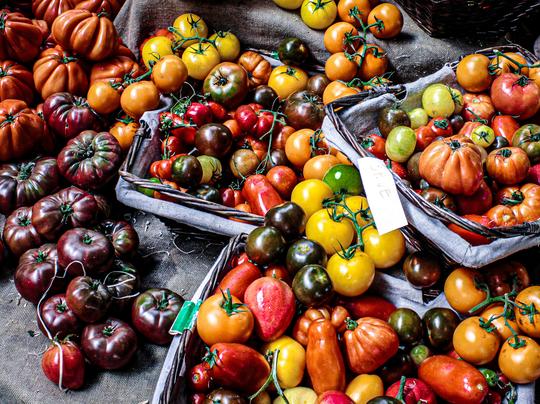
Thorough analysis of the documentation shows that the concept of Farmers' Rights was first brought up in international negotiations in the Food and Agriculture Organization (FAO) in 1986.
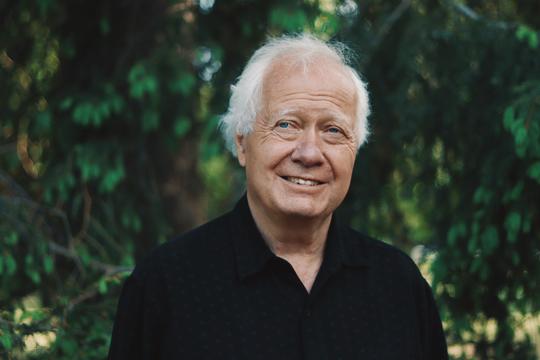
The first use of Farmers' Rights as a political concept dates back to the early 1980s, when Pat Roy Mooney and Cary Fowler of the then Rural Advancement Foundation International (now ETC-Group) coined the term to highlight the valuable but unrewarded contributions of farmers to plant genetic resources for food and agriculture.
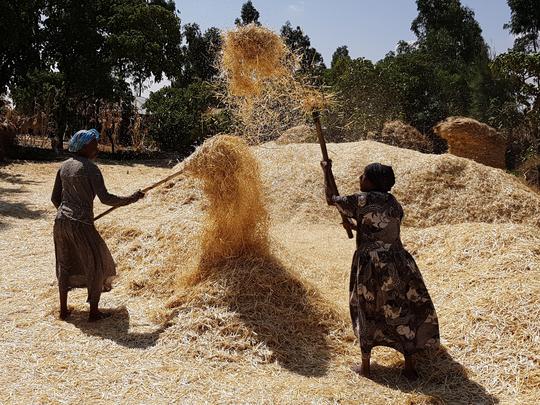
The Governing Body of the International Treaty on Plant Genetic Resources for Food and Agriculture is in the process of defining contents of Farmers’ Rights.
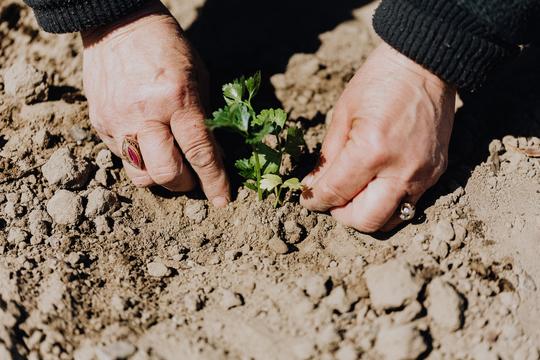
Farmers' Rights related to crop genetic resources refer to the rights that farmers have with regard to seed, propagating material and crop genetic diversity in general – and associated knowledge. Basically, realizing Farmers' Rights means enabling farmers to maintain and develop crop genetic diversity, and recognizing and rewarding them for this indispensable contribution to the global pool of genetic resources and to local and global food security.